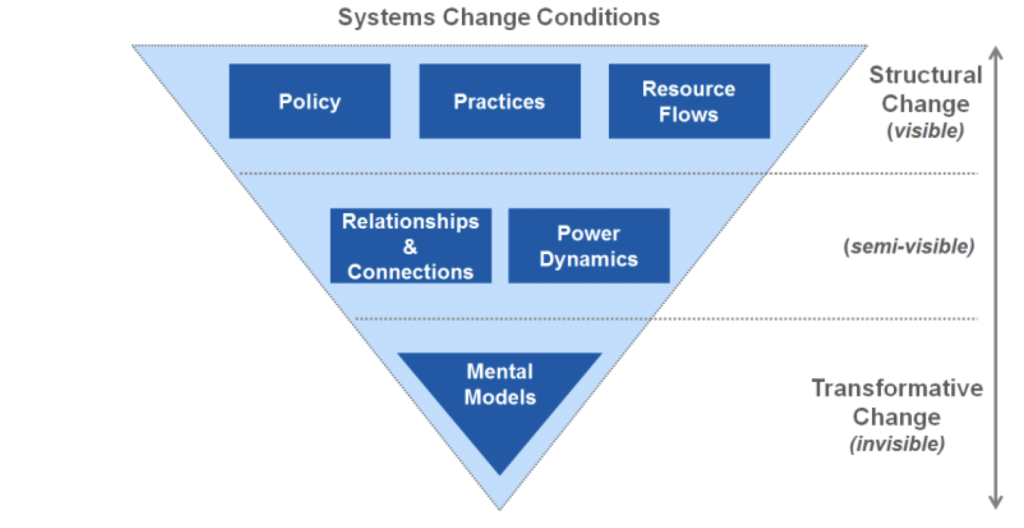When the Blue Cross of Idaho Foundation for Health launched community place-based giving in 2013 through the Community Transformation Grants, we were optimistic that the grants would lead to systems changes in an effort to increase physical activity and access to healthy food among Idaho youth.

Instead of providing smaller grants to a variety of organizations, this new model of giving would help us to get know communities over a three-year period with greater investment in technical assistance and funding to help communities make systems changes.
The process was designed to bring together community leaders from different sectors — city staff, school officials, business officials, etc. — to learn about the importance of physical activity and access to healthy foods. These leaders learned how to better understand their community, then collaborate on building an action plan where grant funds were used for projects, programs and policy changes that aligned with the community’s assets and opportunities.
The first grants were awarded in 2013 to the Idaho cities of Kuna, Lapwai, Middleton, and Nampa. The second round of grants were awarded in 2017 to the cities of Bonners Ferry, Rexburg, and Sandpoint. We heard anecdotal feedback that these grants were creating positive impact. The communities made transformational change and had meaningful engagement and collaboration around community health using the lens of physical activity and access to healthy foods for their youth.
Still, as a Foundation, we wanted validation about the impact of the Community Transformation Grant. That’s why we commissioned FSG, a nonprofit, mission-driven consulting firm and worldwide leader in creating social impact and evaluating systems change, to perform an evaluation.
FSG did a deep dive into the Community Transformation Grant and processes we used with those seven Idaho cities to find out how well the process worked to create systems changes
How did FSG determine assess the systems change impact from the Community Transformation Grant? Their team of evaluators looked at six critical components that lead to systems change.

In its evaluation, FSG found evidence that our Community Transformation Grant moved the needle in these areas in grantee communities. This was welcome news as our goal is create systems change in Idaho that ultimately make a positive impact on increasing physical activity and access to healthy food for youth.
FSG’s report called out the systems changes that resulted from the Community Transformation Grants:
- Mental models shifted to more support community-focused efforts to address the root causes of childhood obesity — physical activity and access to healthy foods.
- People with positional power were moved to use influence and authority to address childhood obesity. Organizations involved in the Community Transformation Grant changed practices to better support healthy eating and active living.
- The grant strengthened relationships between individuals and organizations.
- The process influenced local city and school policies to better support physical activity and healthy eating.
- The funding that is part of the grant had a catalytic effect, helping communities attract other private and public resources.
FSG also provided us feedback that we will examine and use to further enhance our community place-based giving model so that our current and future grant communities can benefit and create systems change as well.